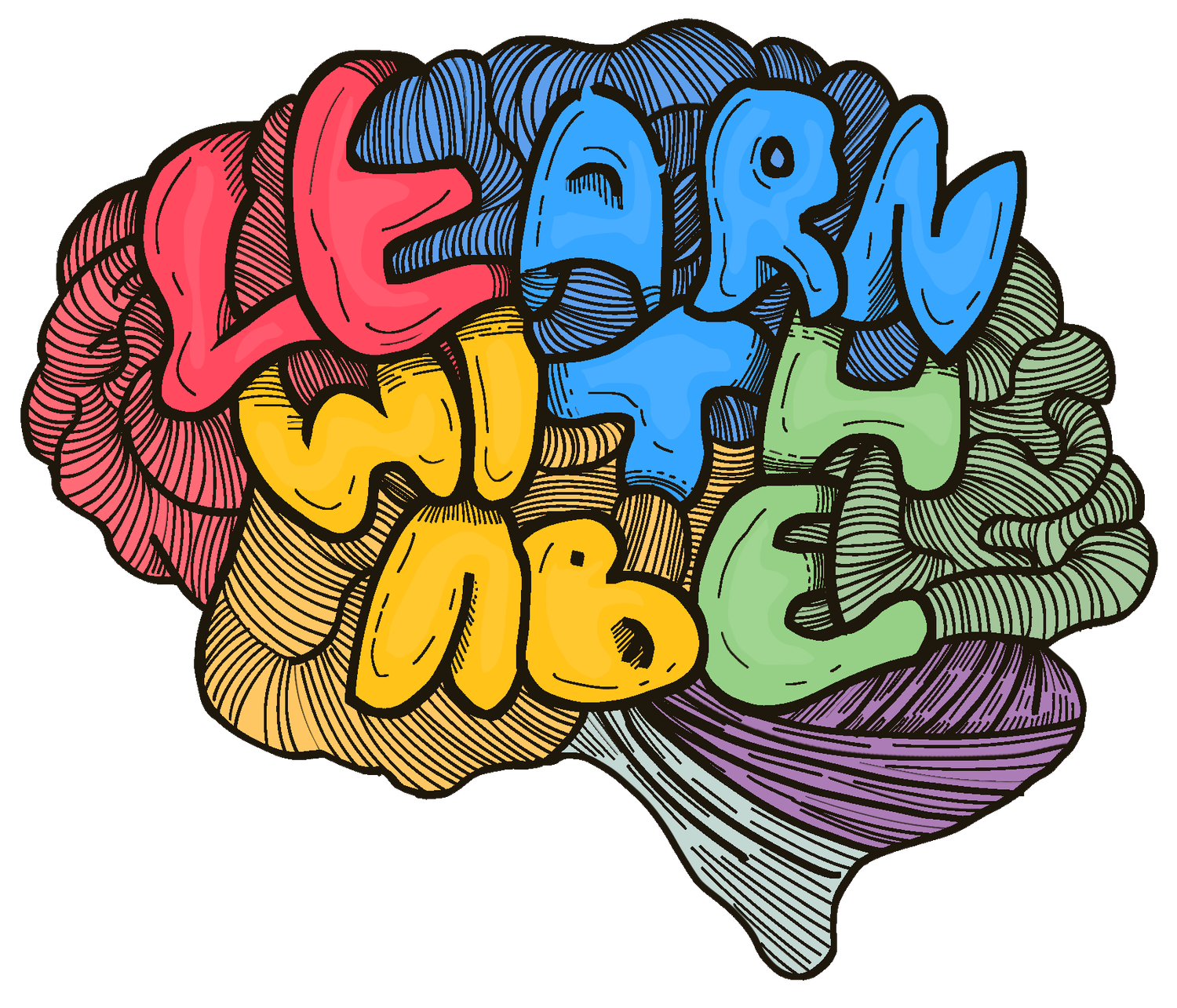What Is The Brain?
The brain is the most complex organ in the human body, and scientists are still working to understand all of its functions. In this blog post, we'll explore the brain, how it works, and some of the mysteries scientists have yet to solve.
When most people think of the brain, they think of the organ that controls thoughts and memories. However, the brain does much more than just store and process information. It is responsible for controlling all of the bodily functions, from breathing to heart rate to movement. The brains of humans and other animals are constantly sending signals. Some neurons emit electrical impulses that send messages to different brain parts, while others release chemicals called neurotransmitters.
The human brain is divided into three main parts: the cerebrum, the cerebellum, and the brain stem.
The cerebrum is the largest part of your brain and is also known as the cerebral cortex. The cerebrum is responsible for many things, including 1. Producing thoughts and controlling voluntary movements 2. Interpreting information from your senses 3. Regulation of autonomic functions (breathing, heart rate, etc.) 4. Personality and emotions 5. higher-level functions such as planning and problem solving The cerebrum is divided into four main lobes: the frontal, parietal, temporal, and occipital. The functions of each lobe are described below. The frontal lobe is responsible for voluntary movement, planning, and personality. The parietal lobe interprets sensory information, such as touch and temperature. The temporal lobe is responsible for hearing, taste, smell, and memory. The occipital lobe is responsible for vision. The cerebrum is a complex organ with many functions. In this essay, we will discuss the functions of the cerebrum in detail.
The cerebellum controls muscle coordination, balance, and posture. It consists of two lobes that are connected by a bridge of nerve fibers called the vermis. The brain stem connects to your spinal cord and acts like a superhighway for messages between your body and the rest of your brain; it also helps control basic bodily functions such as heartbeat, breathing, and digestion. It includes several clusters of nerve cells called nuclei.
Scientists have been able to map out the brain in amazing detail. However, there is still a lot that scientists don't know about the brain. For example, they are still trying to figure out how exactly memories are stored and retrieved. They also don't understand why some people are born with certain disabilities, or why some people develop dementia later in life. Overall, the brain is a complex and fascinating organ, and scientists will continue to study it for many years to come.
